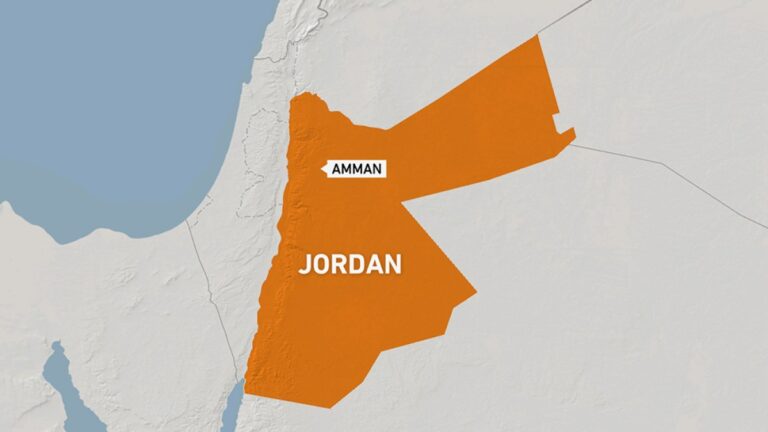
The United States government has made a controversial decision to exclude European nations from the upcoming peace talks aimed at resolving the ongoing conflict between Russia and Ukraine. This announcement has ignited a considerable amount of debate and discussion among international observers, analysts, and policymakers. The U.S. administration justified its choice by emphasizing the necessity for a more streamlined negotiation process. Officials argue that including European countries in the talks could introduce complications due to the diverse interests and positions these nations hold regarding the conflict, which may hinder the progress of negotiations.
However, this decision has not come without its share of criticism. Many experts and diplomats have raised alarms about the potential fallout from sidelining European voices, especially given that these nations are geographically and politically closer to the crisis and are directly affected by its ramifications. Critics contend that excluding European perspectives could weaken the collaborative spirit that is essential for achieving a sustainable and lasting peace in the region. They argue that a successful resolution to the conflict will require a concerted effort that incorporates the insights and interests of all key stakeholders, particularly those who are most impacted by the war.
Moreover, there are growing concerns about the implications of this decision for transatlantic relations. The unity among Western powers—traditionally characterized by strong cooperation and alignment in foreign policy matters—seems at risk. The exclusion of European nations could signal a departure from the collaborative approach that has historically defined Western responses to international crises. As tensions between Russia and Ukraine continue to escalate, the effectiveness of the U.S. strategy of limiting participation in the peace talks remains uncertain. Observers are increasingly advocating for a more inclusive diplomatic framework that acknowledges and leverages the pivotal role that Europe plays in the broader geopolitical landscape.
In light of these developments, many are calling for a reassessment of the approach to negotiations. They argue that bringing European nations back into the fold could enhance the legitimacy of the talks and foster greater support for any agreements reached. Ensuring that all relevant parties are involved in the dialogue may not only facilitate a more comprehensive understanding of the issues at hand but also help to build the trust necessary for a durable peace settlement. As the situation evolves, the international community is watching closely, eager to see whether the U.S. strategy will yield positive results or whether it will necessitate a shift towards a more inclusive and cooperative diplomatic effort.
The United States has announced that Europe will be excluded from the upcoming Russia-Ukraine peace talks, a decision that has sparked significant debate among international observers. The U.S. government cited the need for a more streamlined negotiation process, arguing that involving European nations could complicate discussions given their varied interests and positions regarding the conflict. This move has raised concerns about the implications for transatlantic relations and the overall unity of Western powers in addressing the ongoing crisis. Critics argue that excluding European voices, particularly those directly impacted by the conflict, undermines the collaborative spirit necessary for achieving a lasting peace. As tensions continue to escalate, the effectiveness of this approach remains to be seen, with many calling for a more inclusive strategy that recognizes the pivotal role Europe plays in the geopolitical landscape.



